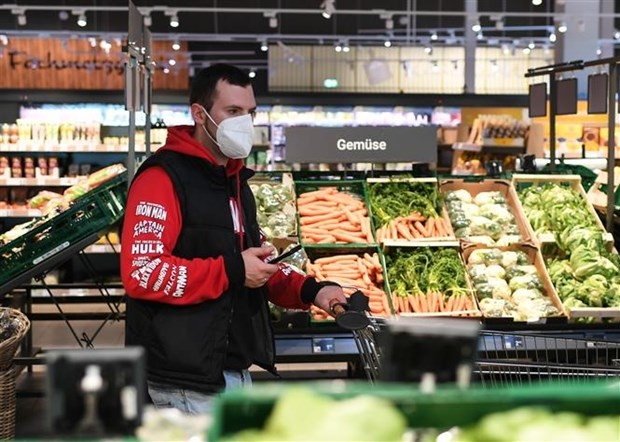 |
| Germany's economy is officially in recession. Consumers choose to shop at a supermarket in Frankfurt (Germany). (Source: Xinhua) |
Germany officially in technical recession
On May 25, data from the German Statistical Office (Destatis) showed that the German economy contracted slightly in the first quarter of 2023 and officially entered a technical recession.
Gross domestic product (GDP) in Germany decreased by 0.3% in the first quarter of 2023 compared to the previous 3 months.
Today's figures are a setback for Germany. German Chancellor Olaf Scholz believes the country will not fall into recession in January 2023, despite soaring energy and food prices due to the conflict in Ukraine.
The European "engine" shrank by 0.5% in the fourth quarter of 2022, meaning Germany's economic growth has declined for two consecutive quarters, said Destatis President Ruth Brand. A recession is usually defined as a decline in real GDP for two or more consecutive quarters in a year.
Inflation continued to take a toll on the German economy in the first quarter of 2023, Destatis said. This was reflected in household consumption, which fell by 1.2% in the first quarter, after price and seasonal adjustments.
Consumers have seen high inflation erode their purchasing power, thereby reducing demand in the economy. In addition, the annual inflation rate has fallen to 7.2% (recorded in April 2023), but this is still a relatively high figure.
Households spent less on food, beverages, clothing, footwear and furniture in the first quarter than in the previous quarter. They also bought fewer new cars, possibly because the government subsidies will end at the end of 2022.
In parallel, government spending also fell in the first three months of the year.
There was a silver lining when it came to investment, with investment picking up thanks to a temporary rebound in construction amid unusually warm weather.
Commenting on the growth results for the first three months of the year, Mr. Andrew Kenningham, chief European economist at Capital Economics Consulting Company, said: "The 0.3% GDP decline compared to the previous quarter was in line with expectations because Germany was affected by both high inflation and rising interest rates."
Gloomy outlook
Heavily dependent on Russian energy imports, Germany was hit hard by Russia's special military operation in Ukraine in February 2022.
A mild winter in Germany has helped the country avoid the worst-case scenario that could have devastated its economy due to gas shortages.
The country's most recent economic downturn came when the Covid-19 pandemic hit in early 2020, forcing the government to shut down entire economic sectors to combat the pandemic.
The latest GDP figures highlight economic difficulties, with the country's vital manufacturing sector struggling amid weak demand for goods.
"Looking ahead, Germany faces a problem of purchasing power, falling industrial orders, the impact of the strongest monetary policy tightening in decades and the expected decline in the US economy," said ING economist Carsten Brzeski.
How is the Eurozone affected?
Germany's technical recession and gloomy outlook are bad news for the entire Eurozone, with the most obvious consequence being a downward revision of GDP in the first quarter of 2023.
Economist Kenningham predicts the region's GDP will contract by 0% in the first quarter of 2023, down from 0.1%. The bloc will avoid a technical recession.
The eurozone is also reeling from high inflation and rising interest rates, which are squeezing household consumption and business investment. Manufacturing is also struggling with a sharp decline in orders.
The economic outlook remains grim as the European Central Bank (ECB) continues to raise interest rates to dampen demand and drive down prices. Eurozone inflation was 7% in April, well above the central bank’s 2% target.
Source






















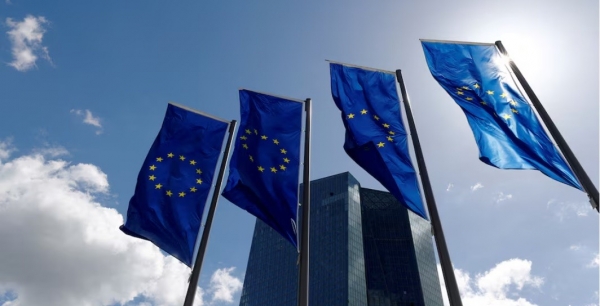
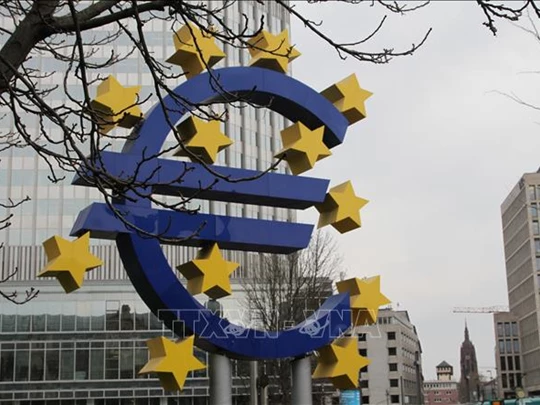

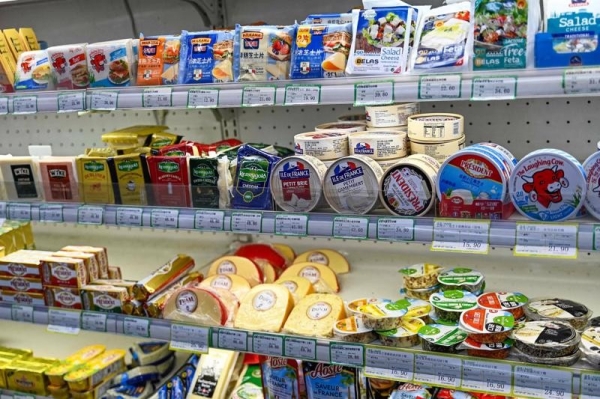

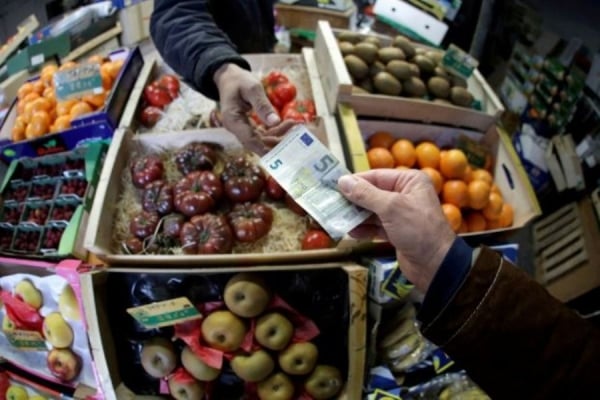

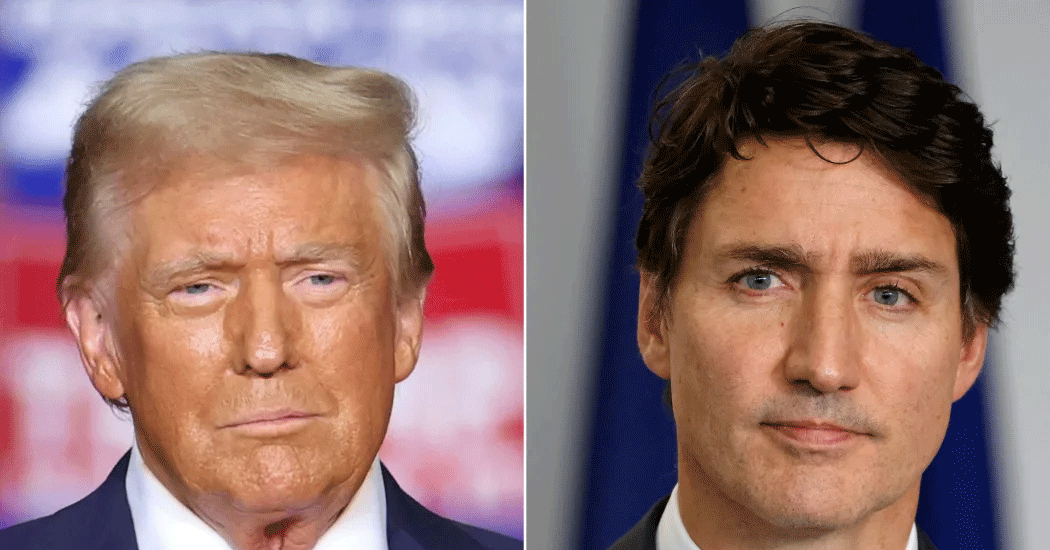













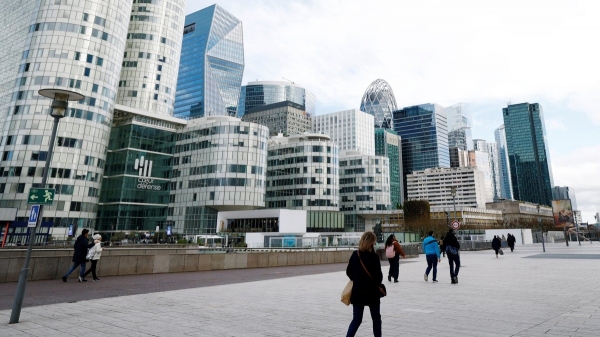














Comment (0)